Planning Pays Off: 5 Strategies to Get the Most Out of Your Delivery Speed Choice
April 17, 2025
5 min read
The Role of Data in Logistics
Efficient shipping operations are crucial in an ever–changing logistics environment to ensure customer satisfaction and profitability. Big data and logistics analysis have helped companies optimize their shipping processes. Companies use data-driven shipping to understand their operations, identify shortcomings, and implement optimization strategies.
The article dissects how businesses can use data to improve shipping operations, reduce expenses, and improve customer satisfaction.
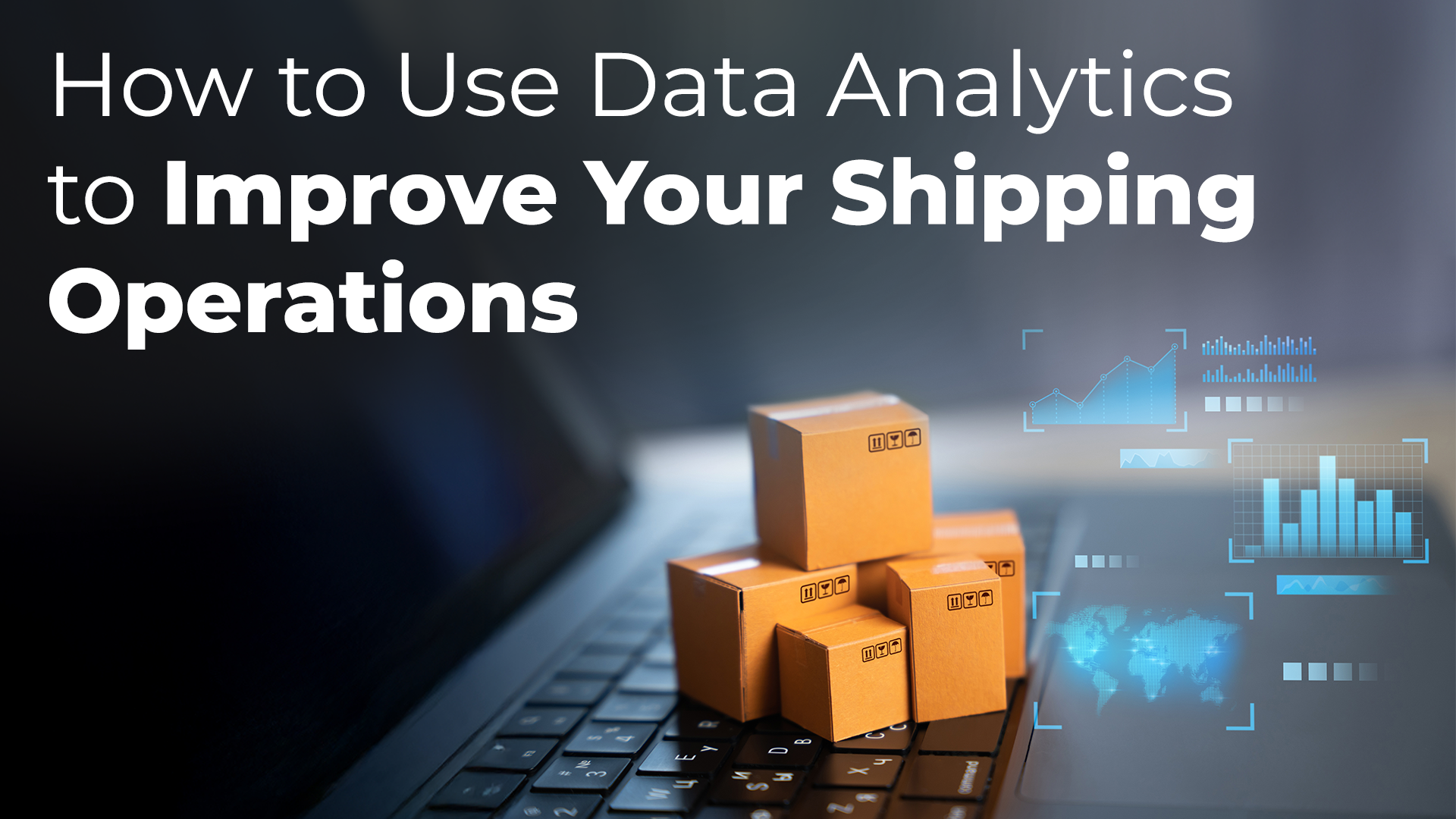
What is Data-Driven Shipping?
Shipping methods are now more data-driven because of big data analytics, machine learning, and other technologies. This change allows companies to gather and analyze data from different stages of the shipping process to assess costs and customer satisfaction.
How Logistics Analysis Can Optimize Shipping Operations?
Logistics analytics is about knowing how to move goods more efficiently, keep inventories at the right level, and predict future demand.
Learn how logistics analysis plays a part in shipping optimization.
Route Optimization and Real-Time Tracking
Around 50% of shipping companies will use data analytics to optimize their routes.
-
Using real-time data analysis and route planning tools, businesses can swiftly modify delivery routes by considering traffic, weather, and other factors.
-
AI tools are used for real-time shipment tracking.
-
AI tools usage in shipping operations resulted in a 15% cost reduction and a 65% improvement in service.
-
Analytics tools help businesses track the movement of goods from suppliers to customers.
Cost Reduction
- Data-driven shipping shows businesses where cost drivers are and where they can realize their savings.
- Data-driven demand forecasting helps to align supply with customer demand, reducing waste and operational costs.
Demand Forecasting and Inventory Optimization
75% of logistics professionals believe data analytics is essential for optimal inventory management.
- Predictive models help companies anticipate which products will be in demand in the future and optimize inventory levels.
- It helps businesses order the right amount of items and prevent unexpected stockouts.
Minimizing Risks
- Data analytics helps a business proactively manage risks by identifying potential problems and offering actionable insights on how to mitigate those risks.
- Businesses respond in real time to problems, preventing large-scale loss or damage.
- Data analytics could reduce disruption costs by over 50%.
Supplier Performance Analysis
- With logistics analytics, businesses can rate quality, on-time delivery, and supplier pricing.
- By identifying which suppliers are not performing or by renegotiating terms, an organization can have an optimal relationship with suppliers, acquire items at lower rates, and have an uninterrupted supply of raw materials.
Predictive Maintenance
- Predictive maintenance allows shipping companies to know when a component or a vehicle will fail, and they can maintain it beforehand.
- This reduces breakdown instances and lengthens the vehicle’s life span.
Warehouse Optimization
- Data analytics optimizes warehouse space and accelerates order pick-up to attain high inventory accuracy.
- Advanced algorithms and deep data analysis of the order patterns, product dimensions, and order pick-up time can create an efficient warehouse layout and workflow.
- As a result, orders are fulfilled more quickly, and labor and operating expenses are reduced.
Choose Shipyaari
With the increasing complexity of the shipping landscape, businesses would fare better if they leverage logistics analysis to improve operational efficiency, save costs, increase customer satisfaction, and manage risks.
An efficient and comprehensive logistics partner like Shipyaari can streamline data-driven shipping and the e-commerce logistics process. Call us now to transform your business with effortless shipping solutions.
Frequently Asked Questions
Data-driven shipping uses data analytics, AI tools, and real-time insights for shipping optimization and enhanced decision-making.
Small businesses can use affordable AI tools to streamline their shipping operations.
AI tools analyze large datasets, predict the best shipping routes, automate inventory management, and provide real-time decision-making insights.
Start by gathering the right data, spending money on analytics software, establishing key performance indicators (KPIs), and incorporating automation into your shipping company.
Suggested Reads
Hyperlocal Personalization: Tailoring Experiences for Local Customers
Introduction The eCommerce industry in India has witnessed a rapid growth of hyperlocal services in
Continue ReadingDec






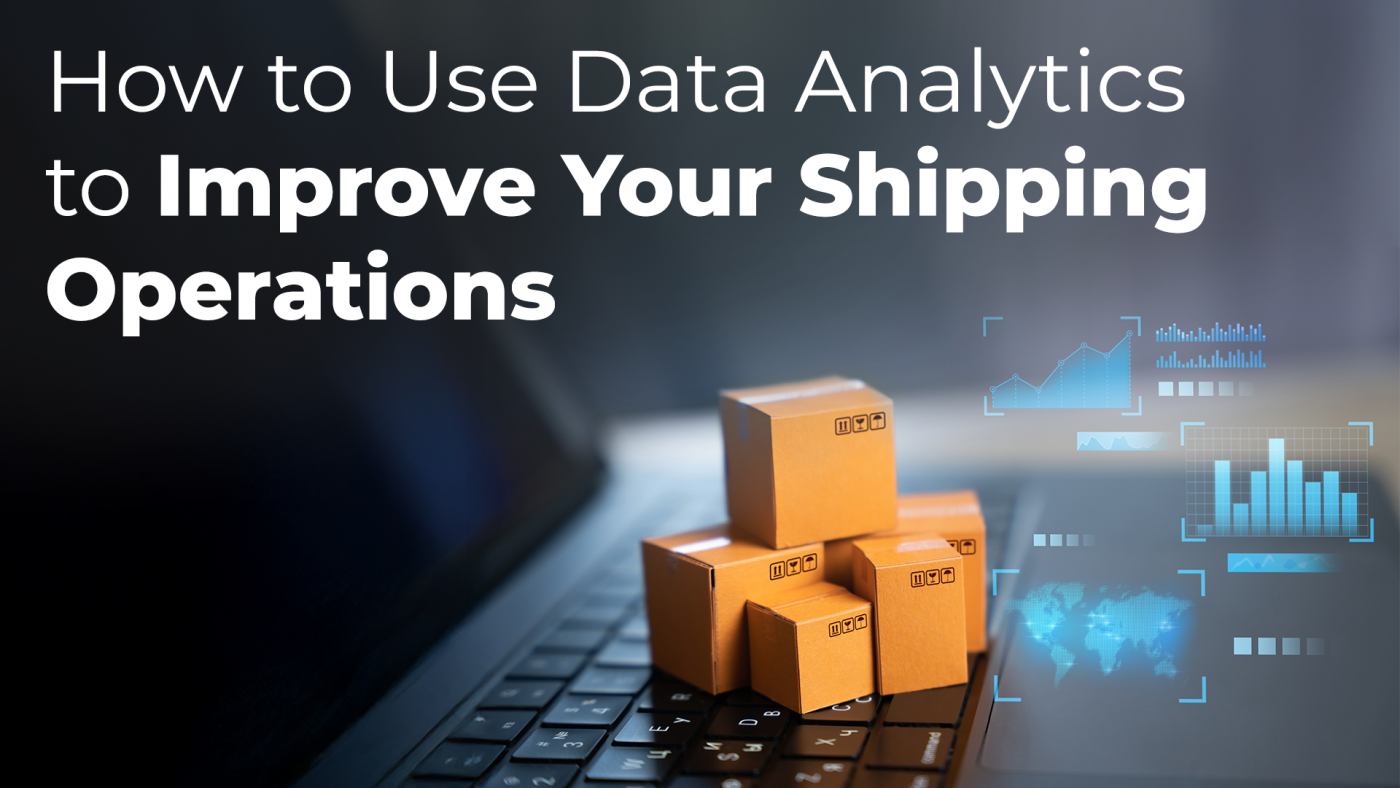



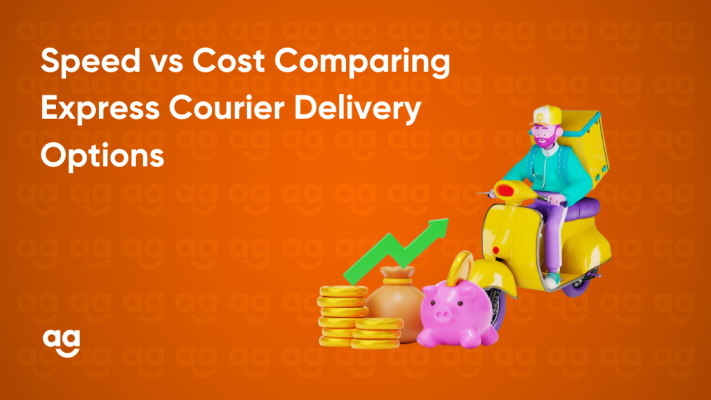


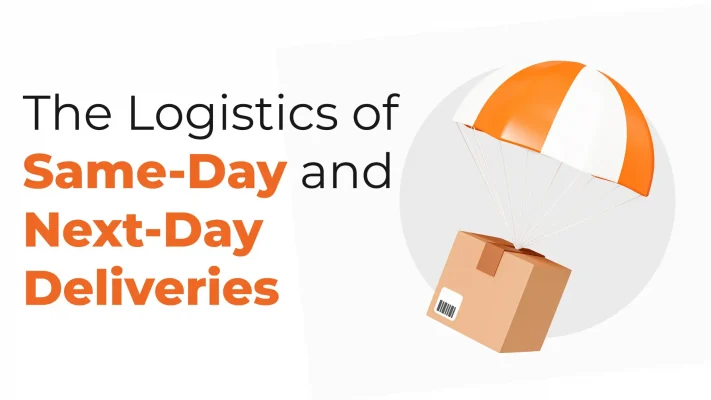
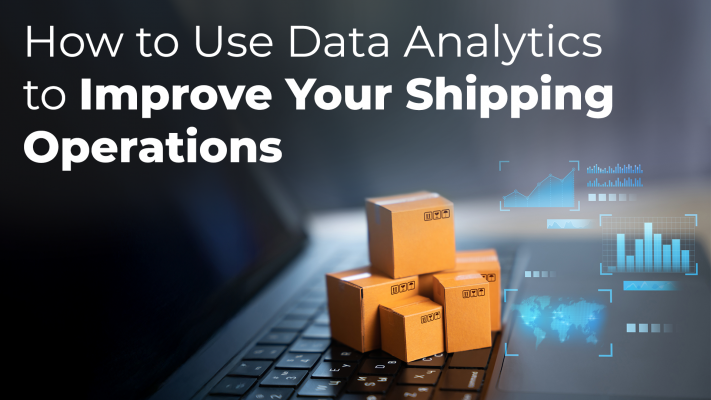



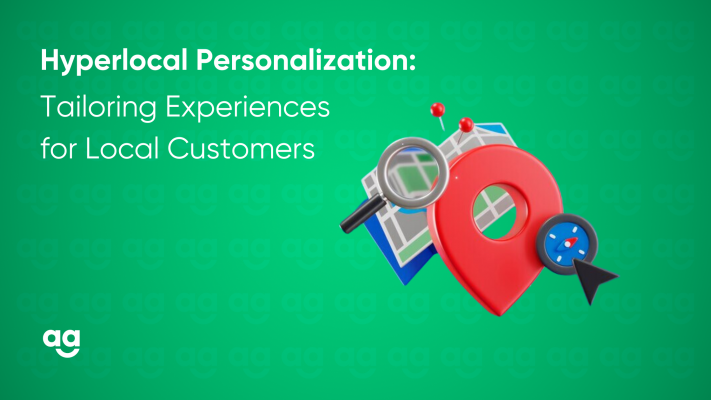
 Shipping
Shipping







